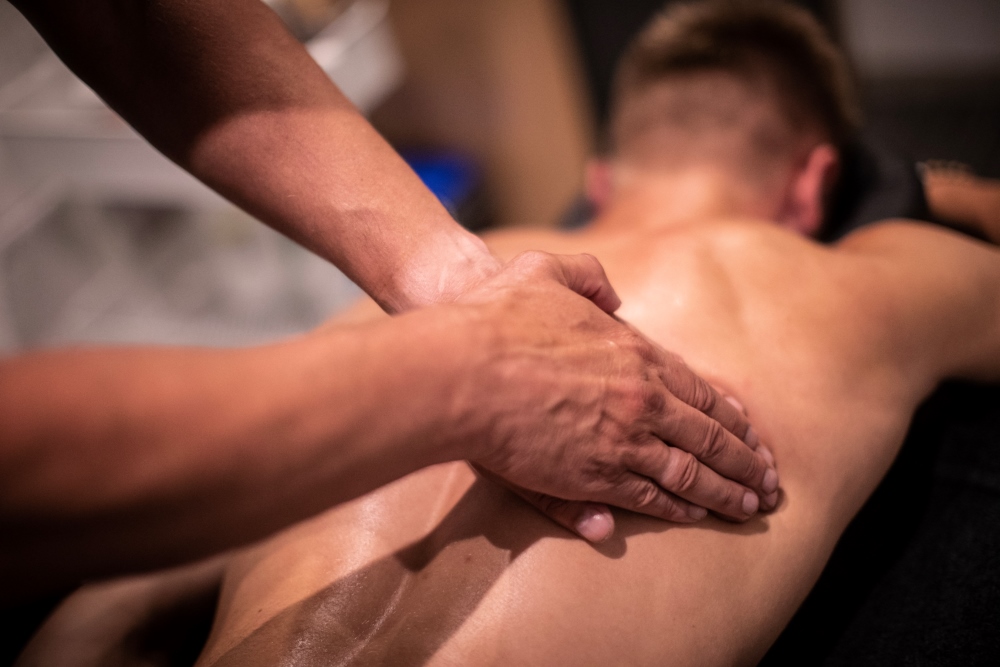Rehabilitation
Fractures
Although breaking a bone isn’t rare, fractures are still a serious medical condition. A bone may break due to high-force impact or stress, or it may break from an otherwise trivial injury worsened by medical conditions that have weakened the bones. Fractures are either considered closed, when the skin stays intact, or compound (sometimes called open), when the bone is exposed.
There are three different types of fractures:
- Type 1 is a “nondisplaced” fracture, where the bone has a break but is still in normal position.
- Type 2 is a fracture where a fragment of bone has shifted.
- Type 3 is the most serious type of fracture because there are multiple breaks of the bone.
The first two fractures usually are treated without surgery, but Type 3 generally requires surgery. All fractures require treatment, for correct bone healing and rehabilitation. Appropriate care is required to regain full use and range of motion in the effected area. At Axis we have many techniques using body weight and resistance machines to help you regain lost strength, either from a strain, sprain or surgery.
Knee Pain
Sudden pain in one of the knees is usually a sign of overuse or injury. In many cases, you don’t need to see your GP.
The knee joint is particularly vulnerable to damage and pain because it takes the full weight of your body and any extra force when you run or jump. You’re more likely to experience knee pain as you get older, overweight or do a lot of sports. Some sports that involve a lot of turning, such as football, netball and skiing, carry a particularly high risk of knee injuries.
Knee replacement surgery (arthroplasty) is an operation that involves replacing a damaged, worn or diseased knee with an artificial joint.
A replacement knee usually lasts 20 years, especially if the new knee is cared for properly and not put under too much strain.
At Axis we can give you pre and post-operative care. Over the years we have helped many clients strengthen their muscles, ready for surgery. As well as managing the healing process with exercises that will improve the range of the knee to aid full recovery and regaining strength levels.
Back Pain
Back pain can have a major impact on life. In most cases back pain will improve in a few weeks or months, although some people experience long-term pain or reoccurring pain.
Back pain can be triggered by bad posture while sitting or standing, bending awkwardly, or lifting incorrectly. If you’re worried about your back or pain isn’t improving, it’s a good idea to visit your GP.
Your GP may recommend manual therapy – such as physiotherapy, chiropractic or osteopathy. They may also recommend acupuncture or counseling, such as cognitive behavioral therapy (CBT). For sure, one of the most important things you can do is strengthen your back. Whether this is to maintain or improve posture or due to pre or post operation pains, Axis can help.
We can help
No matter what the problem is, neck, shoulders, elbows or hips, we can help you feel better.
Get in touch
We’re conveniently located in High Gosforth Park with plenty of free car parking and we’d welcome you to come in and have a look around – Try Us, Like Us, Join Us!
